Food plays a huge role in the top 10 ways you’re damaging your gut bacteria, but when the food piece is “right” and IBS/IBD still lingers, you’ll begin to realize…..this is about far more than food.
There is no single thing that causes internal chaos for our gut bacteria.
To all the diet gurus out there who think it’s just about food; time to reconsider.
Today I am going to walk you through it to help you understand more about what all goes into the healing (or harming) of gut bacteria.
Top 10 Ways You’re Damaging Your Gut Bacteria
Click HERE to save this post for later.
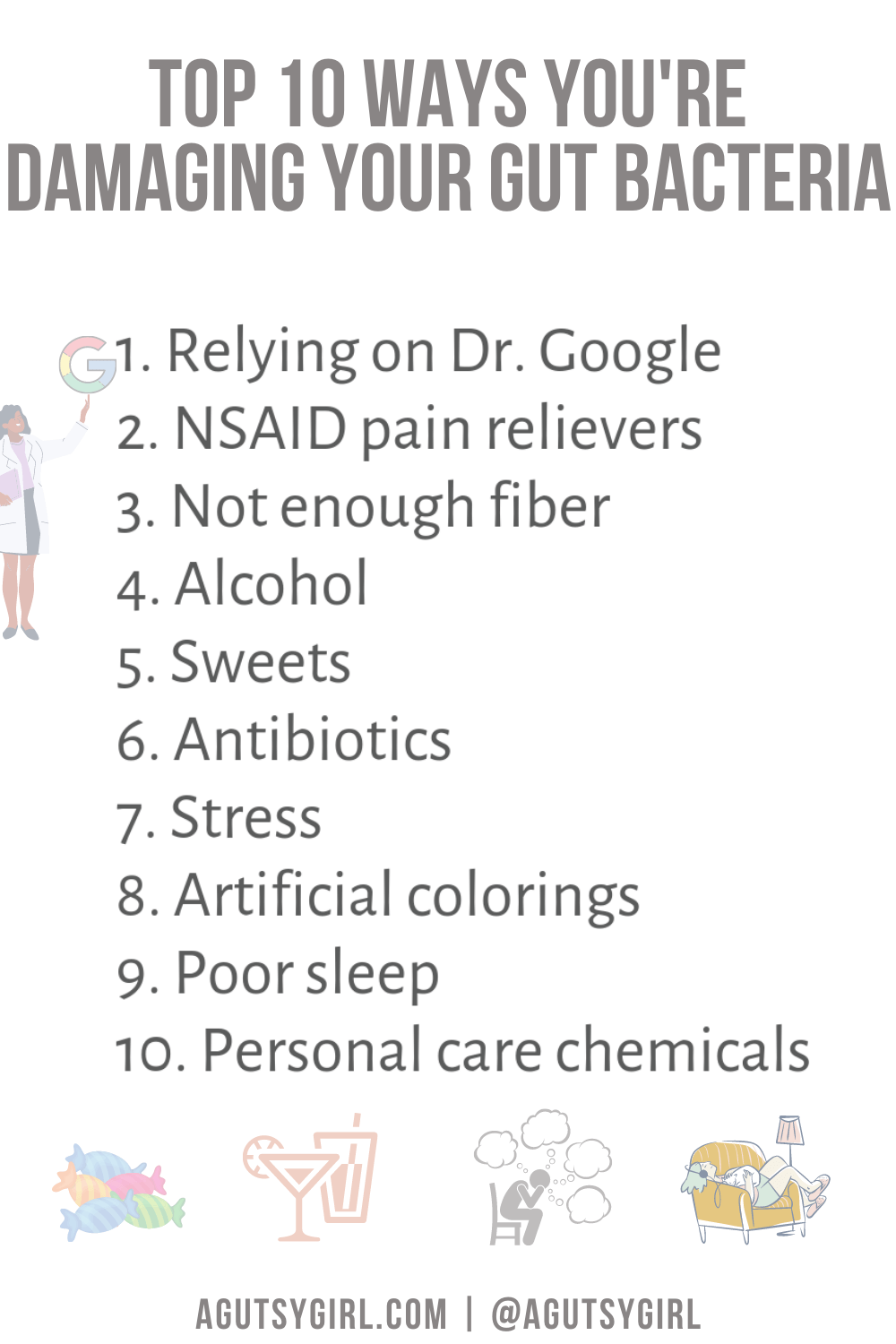
Here they are.
1. Relying on Dr. Google
Your stomach starts to chronically hurt so you run to the Master advice-giver: Google.
You might not see it, but I believe this is the biggest way we damage our gut bacteria.
Instead of getting the appropriate tests done with accurate medical diagnoses, we guesstimate with the help of Dr. Google.
While doing so, time lapses. We get sicker, and somehow the true answer goes from something manageable to an incurable disease that we try to self-diagnose and then self-help. It’s not helping, I promise.
How fast you heal strongly depends on an accurate diagnosis.
p.s. If you TRULY want great hand-holding on getting started, then sign up for Gut Healing: ELEVATED HERE. It will massively expedite where you are today vs. where you could be in the next 30 days.
2. NSAID pain relievers
Dr. David Perlmutter states,
New research demonstrates in the laboratory animal that exposure to NSAIDs not only compromises the barrier function of the lining, but in addition, and probably because of the effects upon the gut lining, this class of medications, at least in the laboratory animal, induce gluten sensitivity.
Research shows that NSAID’s (nonsteroidal anti-inflammatory drugs) can damage the gut lining and cause inflammation.
Never take an NSAID? No. Take them daily for every minor ache and pain? Proceed with caution.
3. Not enough fiber
Let’s say you think you are invincible because you currently have no gut issues and are able to eat all the things.
Please don’t mistake this for an excuse to eat junk, no fiber, and anything and everything you want. It will catch up to you; I promise.
When your gut bacteria is already compromised, fiber is super tricky so when I’m working with clients 1-on-1, we tread lightly and take an individualized approach based on bio-individuality.
That said, even then, fiber is important.
Fiber is essential because it adds bulk to your stool (insoluble vs. soluble fiber) and helps clean out the colon.
In normal, healthy individuals, it decreases the chance for constipation (which then can cause all sorts of problems).
Finally, it’s what creates a thriving and diverse microbiome.
4. Alcohol
I’m just the messenger on this one.
These results strongly suggest that the bacteria present in the gut and/or the metabolites produced by the bacteria may be involved in the regulation of the gut-barrier function and could therefore contribute to the indirect toxicity of alcohol consumption.
Alcohol is one thing most people don’t want to give up, and I get it. You still have to know the facts and then you will need to make the best decisions for yourself.
5. Sweets
The sugar addiction is making us overweight, lethargic and ruining our most prized possession….the gut.
This study demonstrated sugar’s effects on digestion where it was reported that people had increased constipation and poorer overall gut function while on a high-sugar diet.
If you think artificial sweeteners like aspartame, sucralose, saccharine, neotame, advantame, and acesulfame potassium-k are any better, think again.
In fact, I argue that they are far worse than just plain old sugar.
6. Antibiotics
It’s a fact that antibiotics damage gut bacteria.
Fact remains that they have been overused and misused; we are paying for it dearly now.
That said, I also believe the natural industry has it wrong when they continue to make people feel like, “Never, ever should you take antibiotics and/or medications.”
There is a time, place, person, and situation for everything.
In fact, you can see what I’m talking about via Sometimes You Just Need the D#$% Medication.
What I’m referring to here is taking an antibiotic for the sniffles. Just don’t.
7. Stress
Stress is killer, and stress rears its face in a million ways beyond, “I’m so stressed at work.”
The thing about this one is that there is a 100% correlation between the gut and brain.
And yet even though people know it, they still look to everything else as their bottleneck before turning inwards on themselves and the life filled with stress they lead.
I believe I made the biggest and most significant strides on my journey to optimal gut health because I have truly been addressing stress.
This is, in my opinion, the secret (that’s not even a secret) to success.
8. Artificial Colorings
Many (not all) food additives are chemicals.
Chemicals can and will irritate the digestive tract.
Food additives will not only slow your gut-healing progress, but they will make it even worse as you develop a leaky gut (to counter, 31 specific things to heal a leaky gut).
If you aren’t already intolerant of or allergic to certain foods, continuing to eat food additives will likely cause a food intolerance to develop.
Why? Because food intolerance can be triggered by food chemicals which cause reactions by irritating nerve endings in different parts of the body, rather in the way that certain drugs can cause side-effects in sensitive people.
I have given many examples of these HERE and HERE.
9. Poor Sleep
The relationship between sleep and the microbiome is increasingly seen as a two-way street.
Our microbiota seems to have an effect on how we sleep.
In turn, sleep and circadian rhythms appear to affect the health and diversity of the important bacterial world that lives in our gut. (source)
I test my sleep and how it affects the gut constantly. Without adequate sleep, I’m miserable. And if you want to see this test I’ve done for making the gut-sleep connection, I have documented it HERE.
Your #1 sleep + gut healing combo = Magnesium Glycinate.
Use code AGUTSYGIRL at checkout to save 15%.
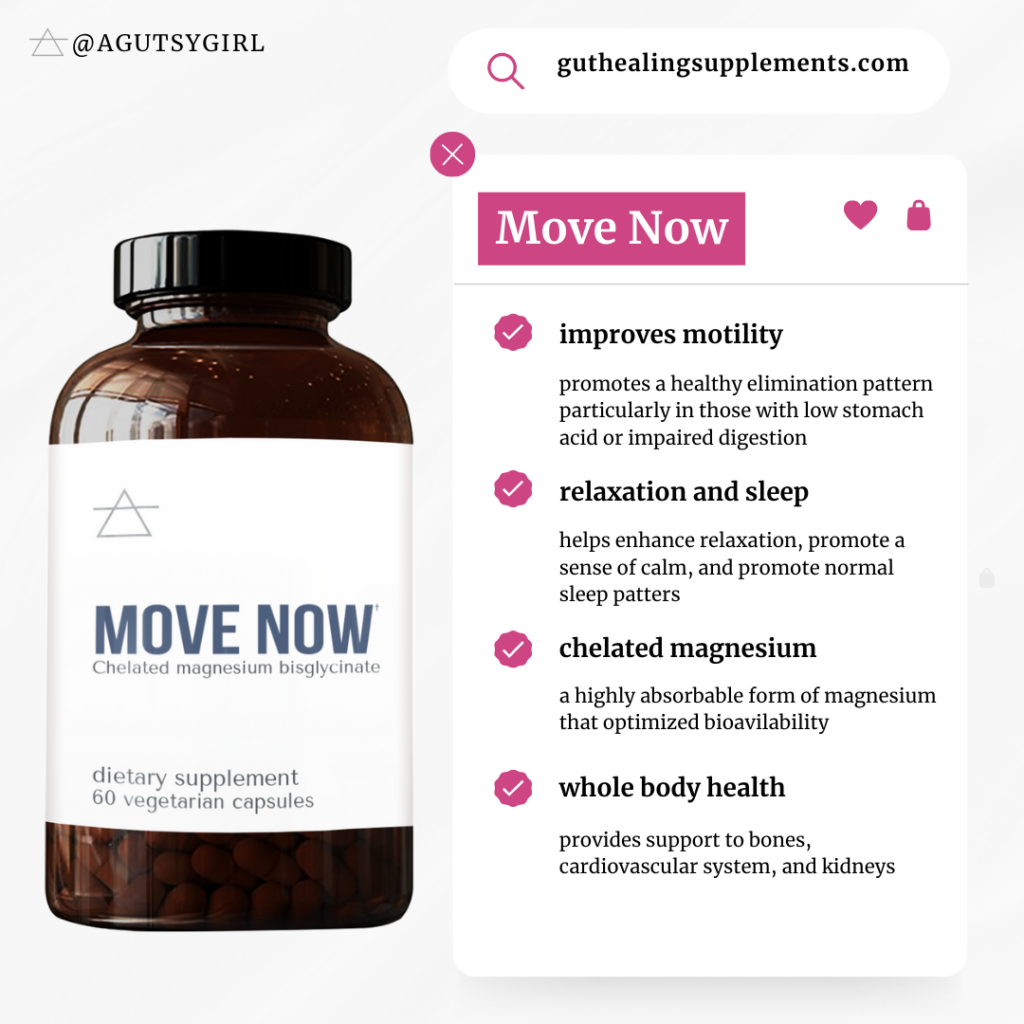
10. Personal Care Chemicals
And last, but certainly not least, the chemicals found in our personal care items; from tampons to cleaning, beauty products to toothpaste.
They are contributing to overall poor gut health.
This is why, after cleaning up all diet-related things for my gut, I focused on makeup and skincare.
I am far from perfect on all things personal care, but I strive for better every single day.
If you want a healthy, thriving gut microbiome, you should consider it as well.
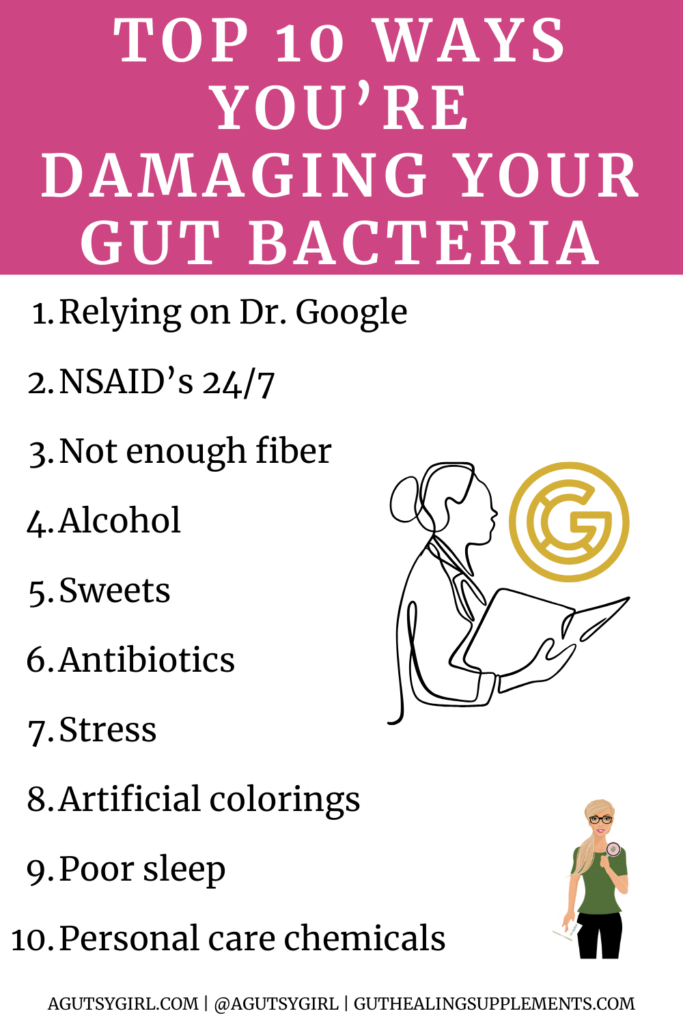
Gut Bacteria Damage
This list of the Top 10 Ways You’re Damaging Your Gut Bacteria is not meant to scare you or make you think because you aren’t perfect, you will suffer in IBS and IBD hell forever.
Anyone that tells you perfect compliance on all 10 is the only way to have an optimal gut is not telling you the truth.
The point of this is to consider each and every single one of them for your gut healing journey. Really think about them and have an honest conversation with yourself, “How am I doing in this area?”
For me personally, some of my answers have been in places I least expected to find them.
They are all on this list. Yours might be, too.
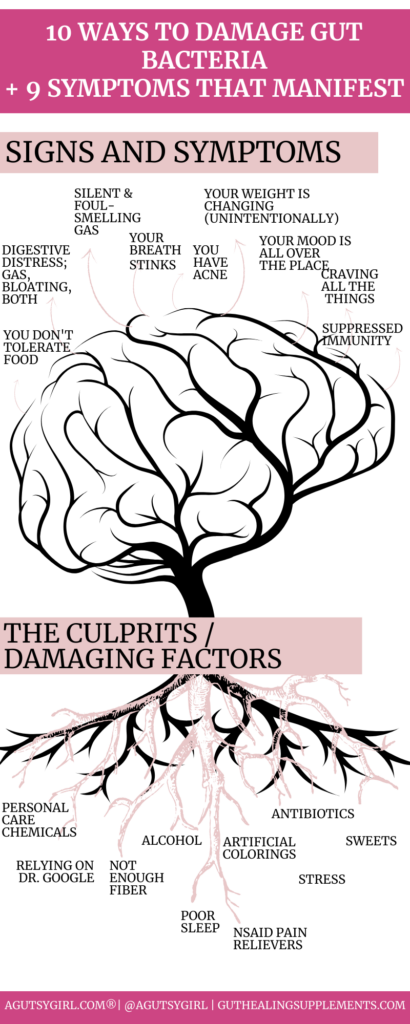
And if you’re looking for a beautiful + highly effective system for tracking all of this, be sure to grab your copy of the 28-day gut healing journaling SYSTEM HERE.
If you liked this post, you might also enjoy:
- Shop
- Go on a FREE 21-Day Gut Healing Inspiration Journey
- Rotten Gut Bacteria, Starving, and Weight Gain
Xox,
SKH
🤰 bloating be gone! weight loss through optimal gut health for women
💃ʜᴇᴀʟ ʏᴏᴜʀ ɢᴜᴛ. ʜᴇᴀʟ ʏᴏᴜʀ ʟɪfe.
🫶🏻 founder gutbyome.com

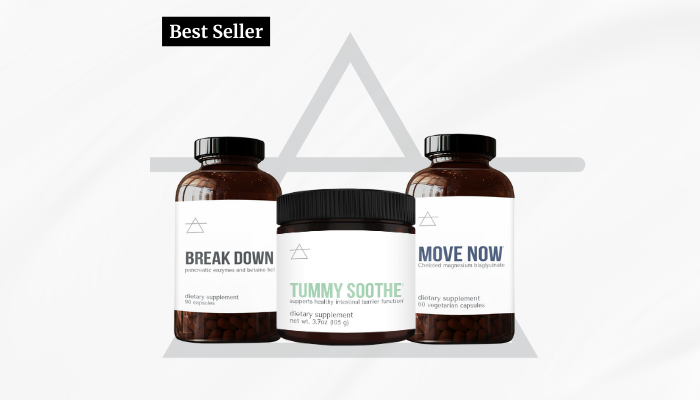
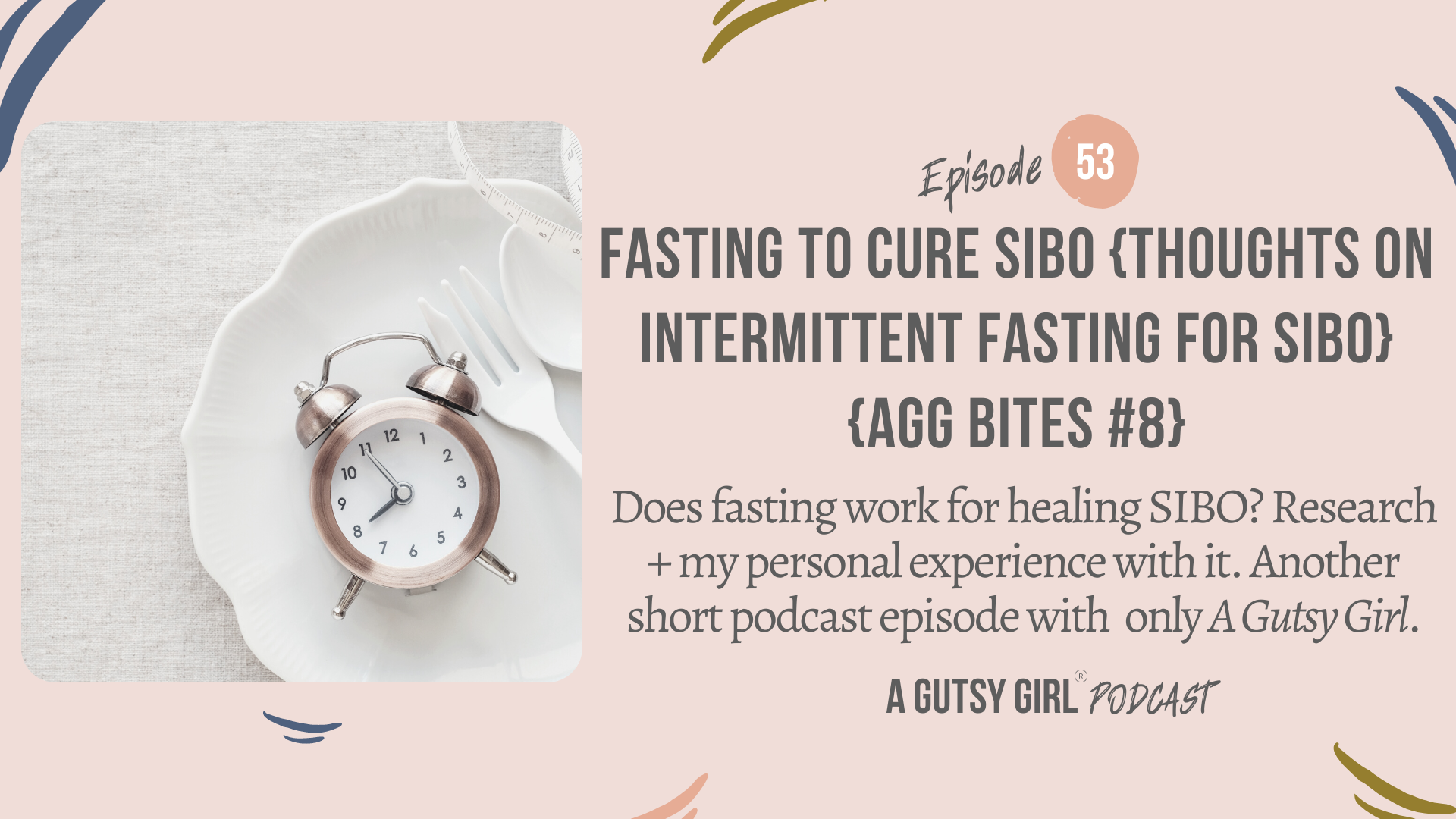
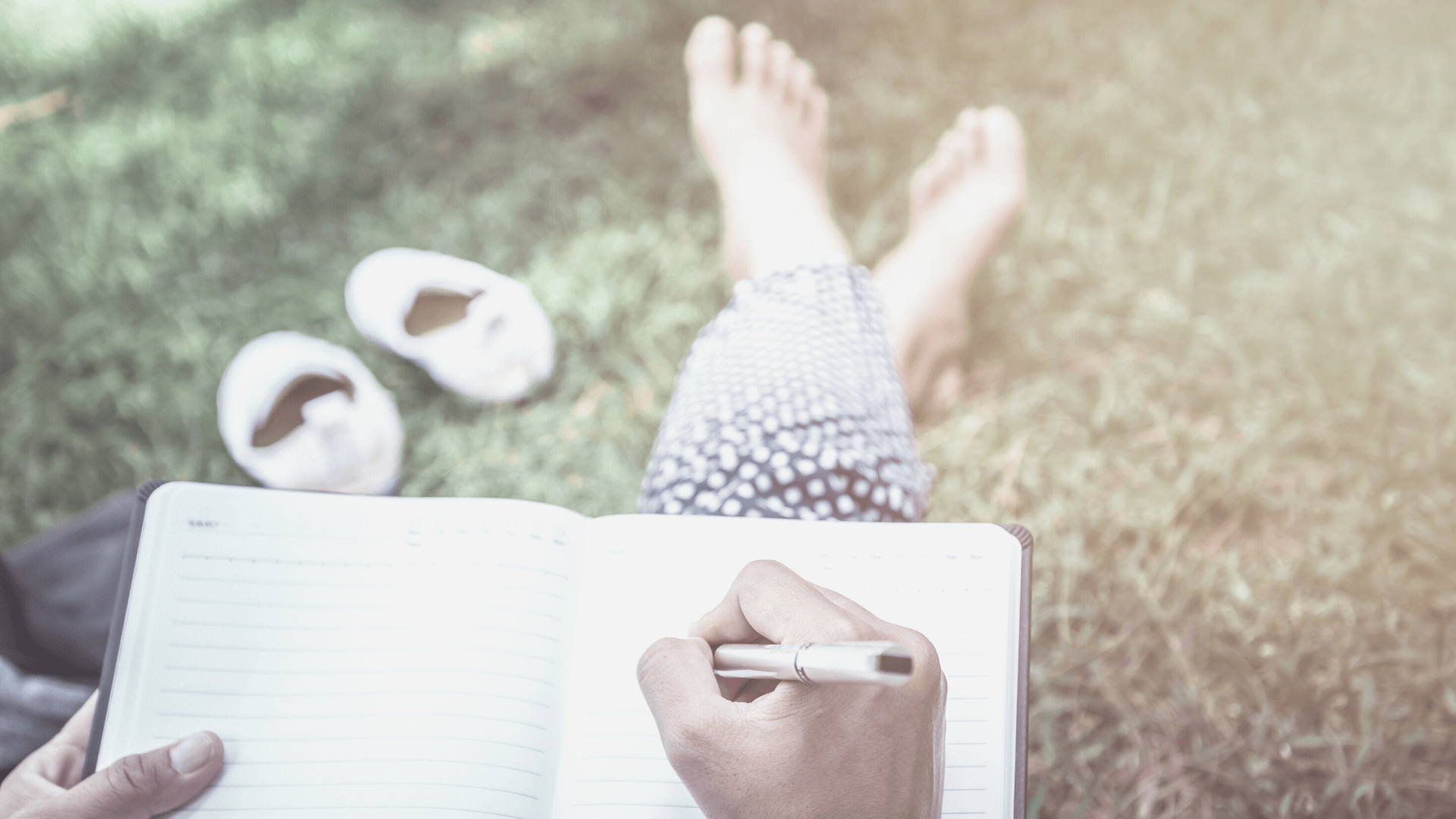
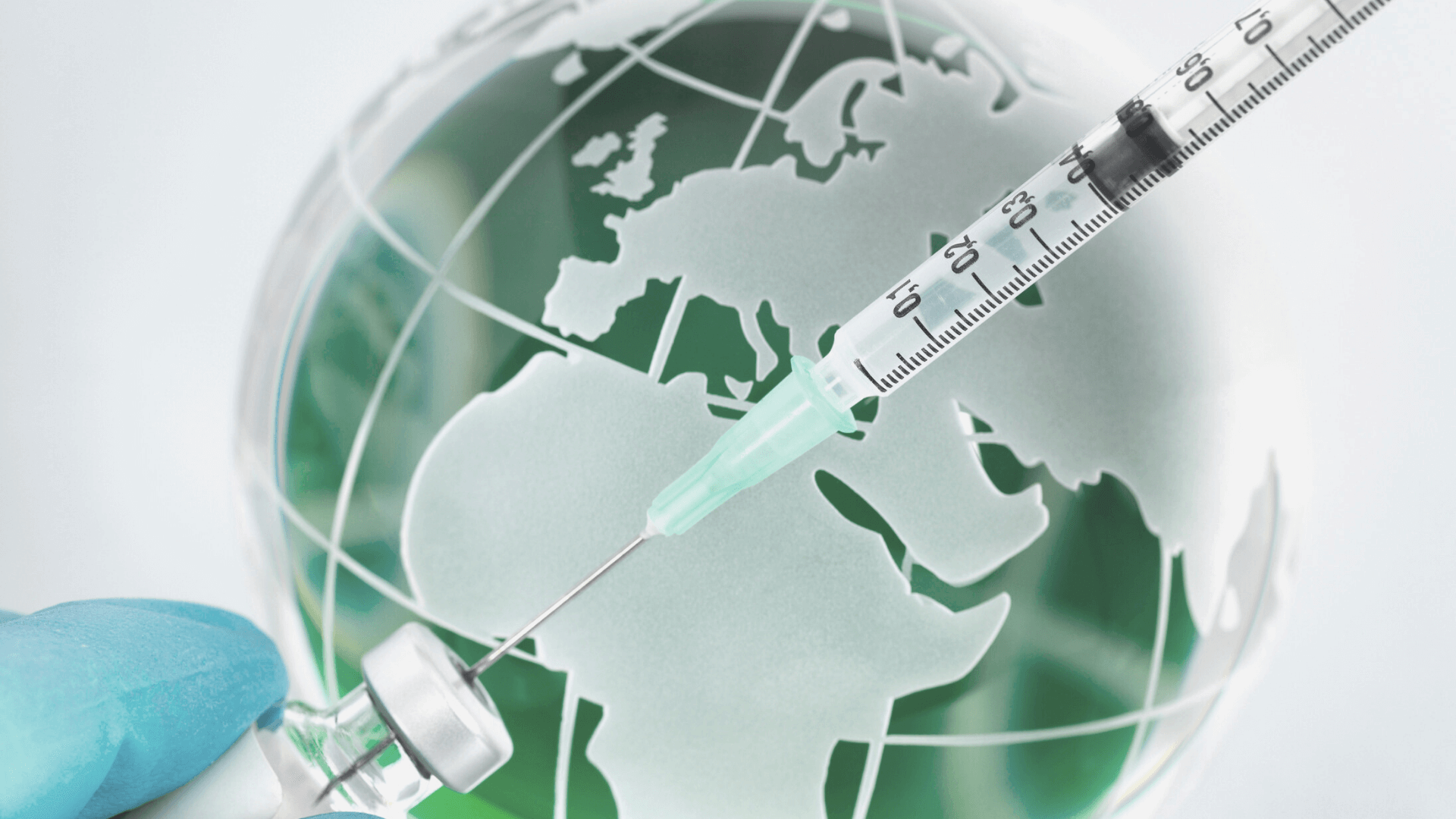
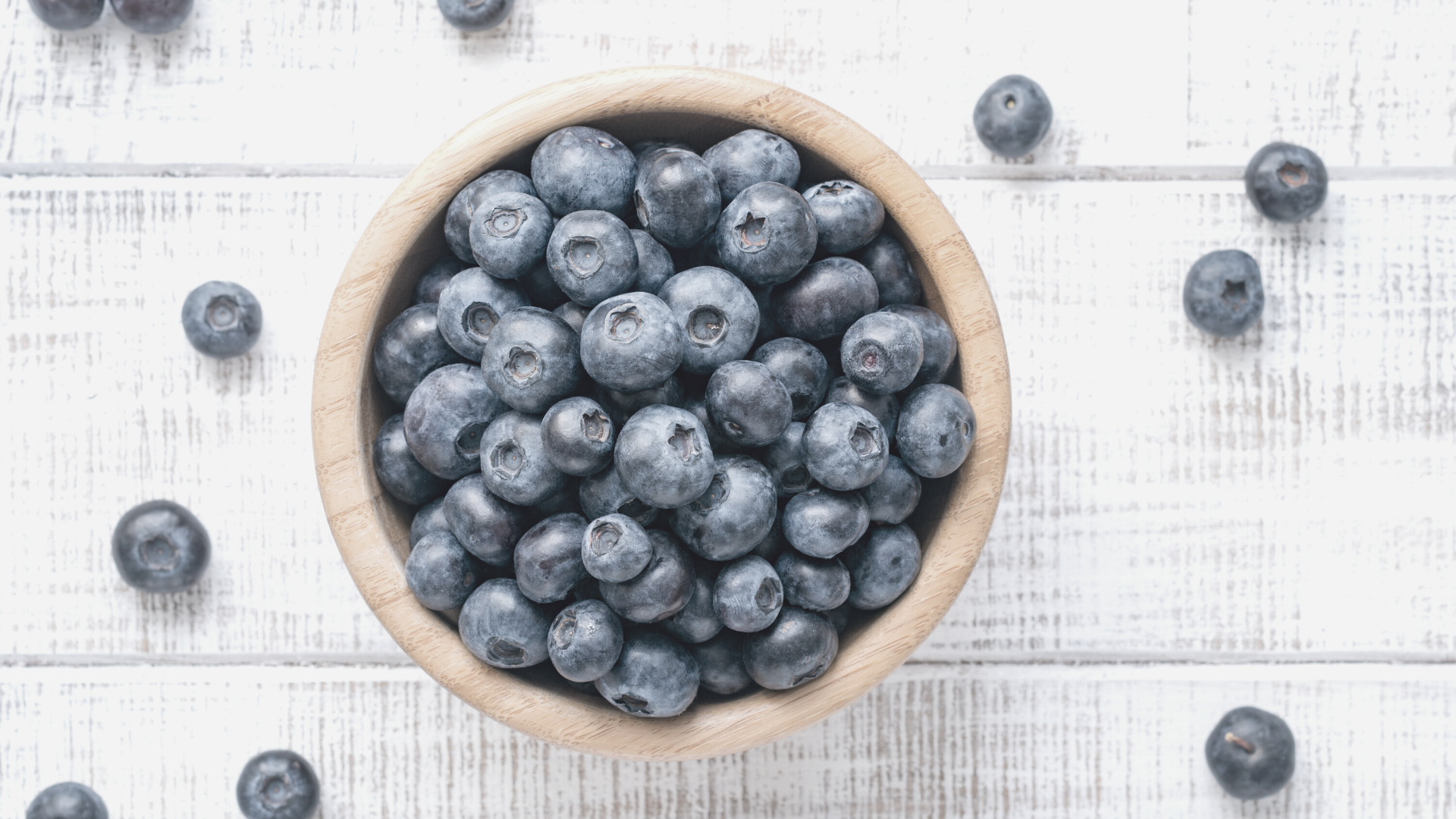
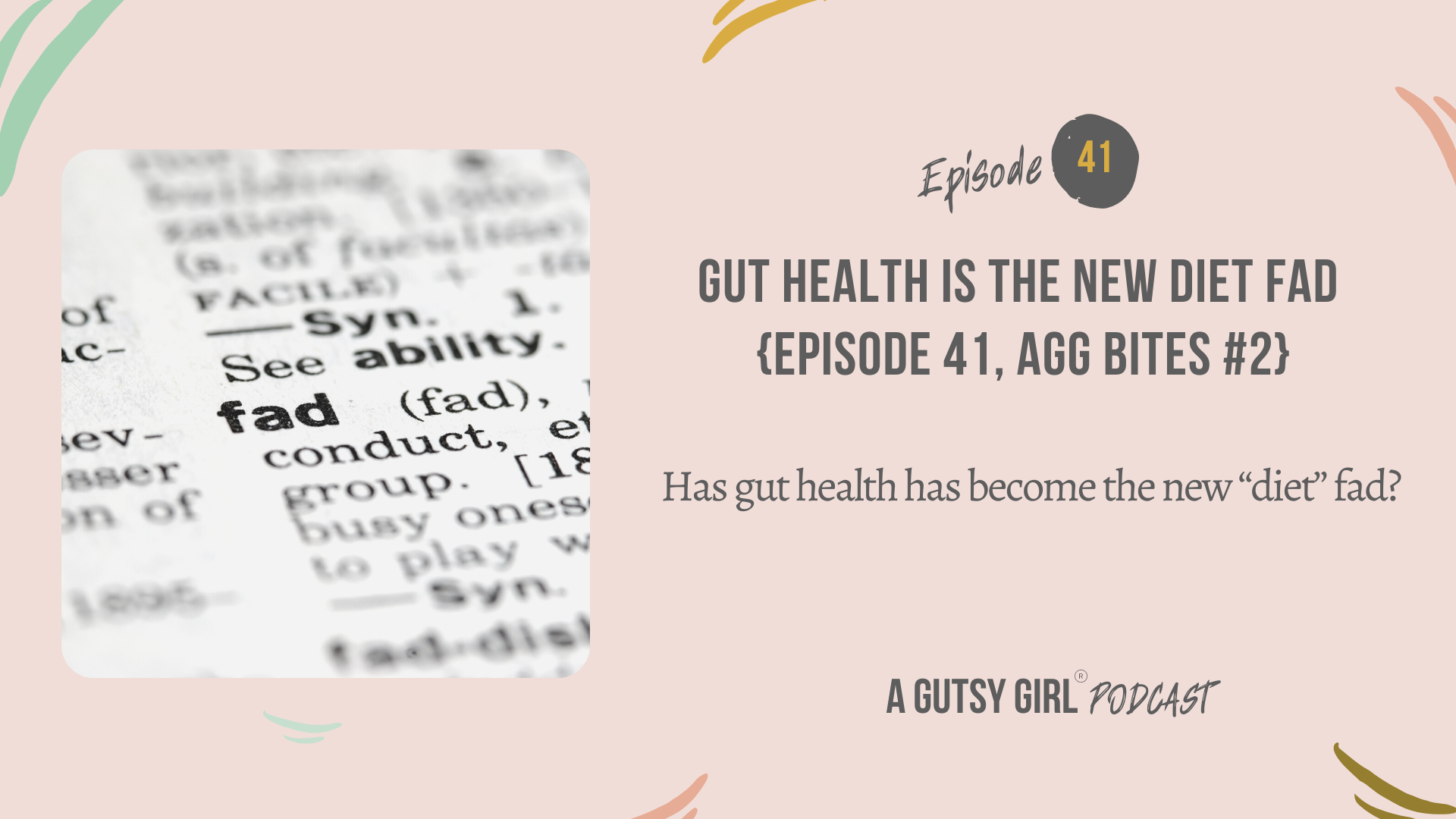
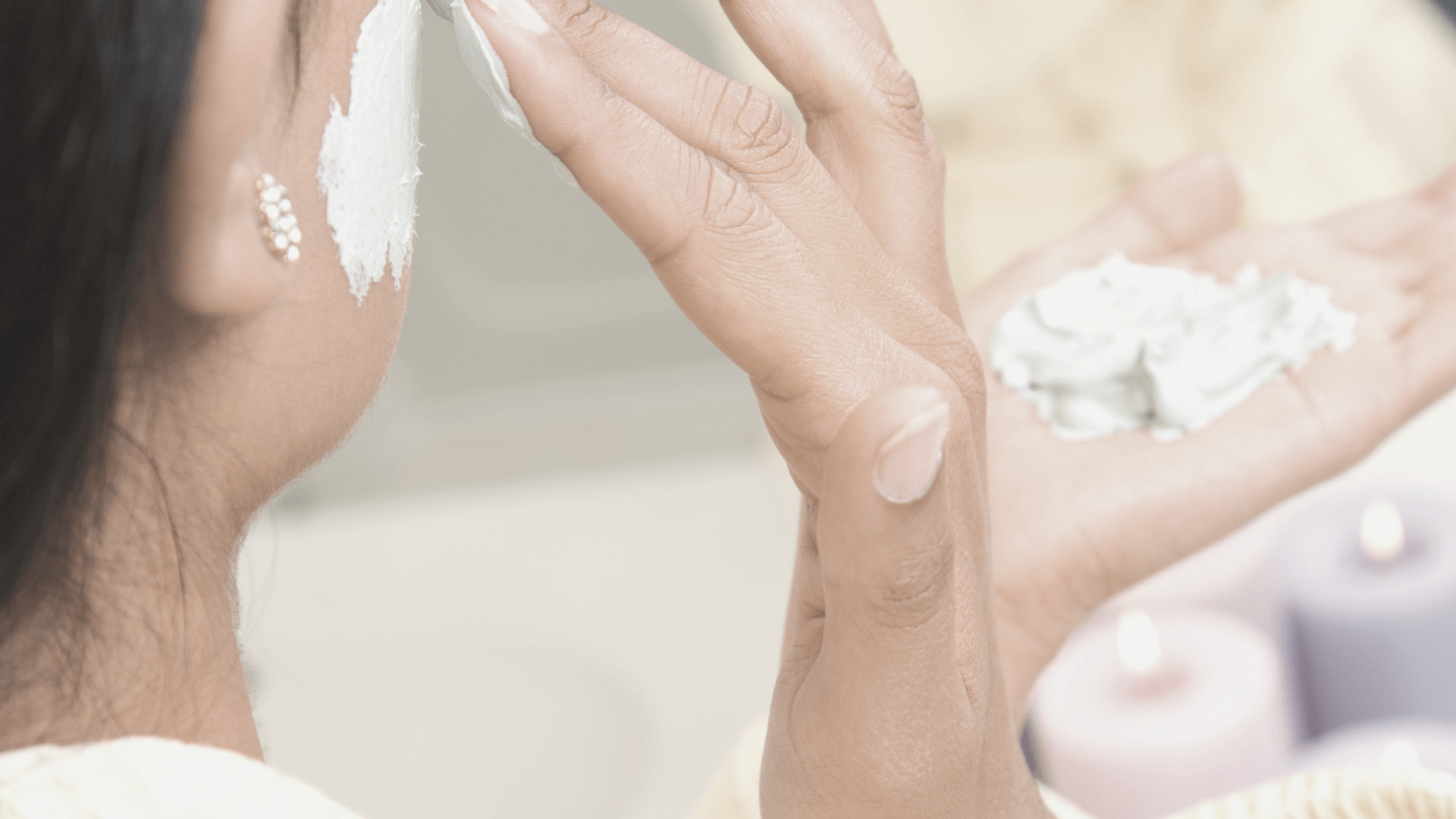
Thank You. I have Iba, SIBo, i have rollos a diet with little Fiber, because i dont want it Feed bacterias, but im constipated, AND i think Is because i dont get enough Fiber. What kind of Fiber can You recommend me, any trademark. Thank you so much.
What do you think about caffeine causing damage as well? Thank you, Sarah
I got bloated, but I don’t think there are any serious side effects. Consult with your doctor to make certain.